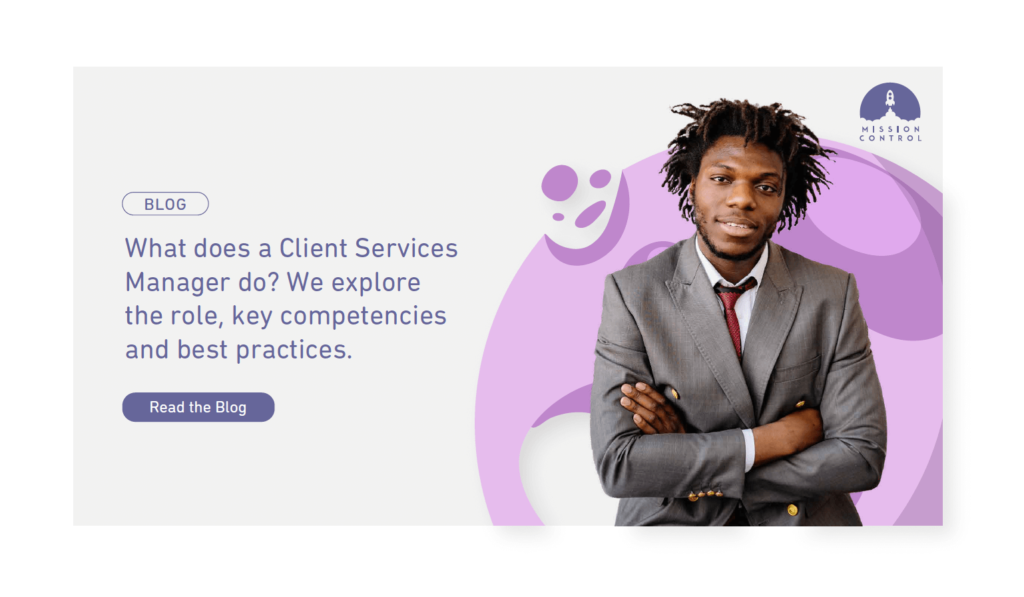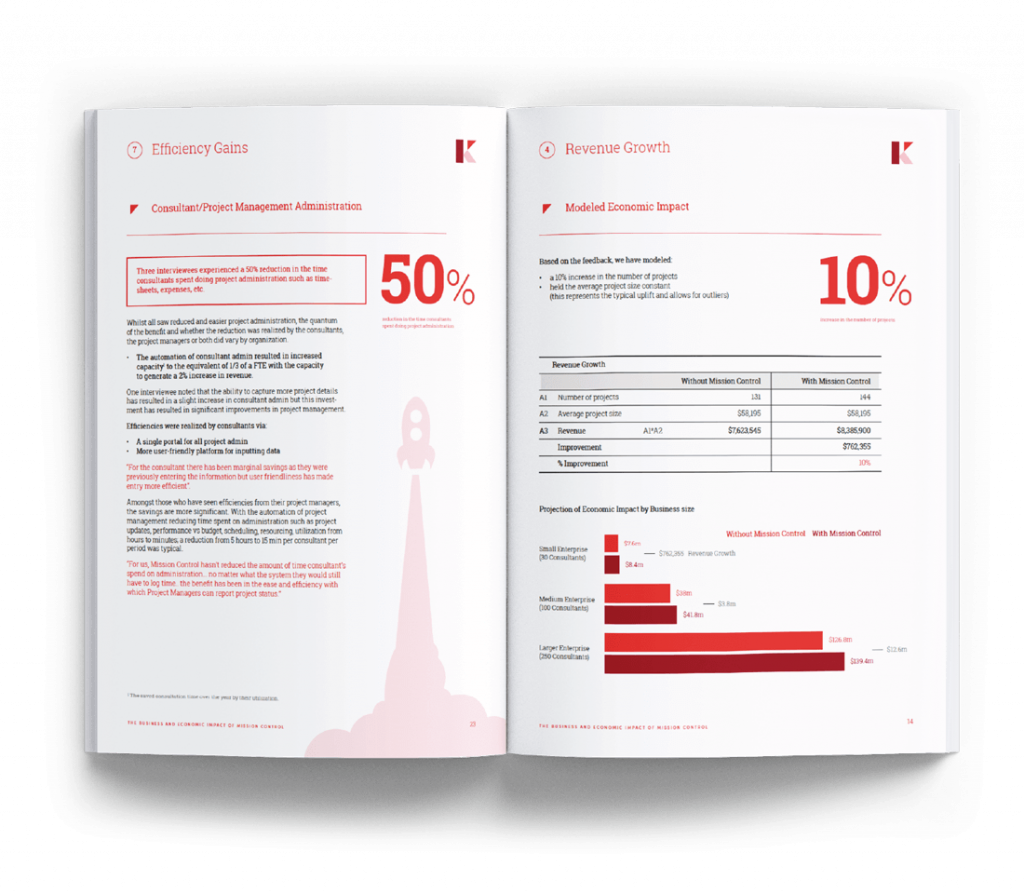A Client Services Manager in the realm of professional services plays a crucial role in ensuring the success and satisfaction of clients while managing the delivery of services. This multifaceted position requires a blend of interpersonal, strategic, and operational skills to navigate the complex landscape of client relationships and service delivery. In this comprehensive exploration, we will delve into the responsibilities, skills, challenges, and strategies that define the role of a Client Services Manager in professional services.
I. Overview of the Role
The Client Services Manager (CSM) is a key player in the professional services industry, acting as a liaison between the service provider and the client. This role is not only about managing projects and ensuring timely delivery but also about fostering long-term relationships, understanding client needs, and aligning services with client goals. The primary objective is to ensure client satisfaction, retention, and, ideally, expansion of the client’s engagement with the professional services firm.
II. Key Responsibilities
- Client Relationship Management (CRM):
- Develop and nurture strong relationships with clients.
- Act as the main point of contact for clients, ensuring effective communication and understanding of their needs.
- Regularly check in with clients to gather feedback and assess satisfaction.
- Project Management:
- Oversee the successful delivery of services or projects.
- Collaborate with internal teams to ensure projects are on track and meet client expectations.
- Mitigate risks and troubleshoot any issues that may arise during project execution.
- Needs Assessment and Solution Design:
- Work closely with clients to understand their business objectives and challenges.
- Collaborate with internal teams to design solutions that meet client needs.
- Provide guidance to clients on the best use of professional services to achieve their goals.
- Budgeting and Financial Management:
- Collaborate with the finance department to create and manage budgets for client projects.
- Ensure projects are delivered within budgetary constraints and identify opportunities for cost savings.
- Client Education:
- Educate clients on the range of services offered by the firm.
- Provide insights into industry trends and best practices that could benefit the client.
- Cross-functional Collaboration:
- Work closely with sales, marketing, and other departments to align client strategies with overall business objectives.
- Facilitate communication and collaboration among different teams to enhance the client experience.
- Client Retention and Growth:
- Identify opportunities for upselling or cross-selling additional services.
- Implement strategies to ensure long-term client retention and loyalty.
- Quality Assurance:
- Monitor and assess the quality of services delivered to clients.
- Implement quality assurance processes to continuously improve service delivery.
III. Required Skills and Qualities
- Communication Skills:
- Excellent verbal and written communication skills are essential for effective client interaction and internal collaboration.
- Interpersonal Skills:
- Building and maintaining positive relationships with clients and internal teams is crucial.
- Problem-Solving Ability:
- The ability to identify issues, develop solutions, and implement corrective actions is vital for project success.
- Strategic Thinking:
- CSMs must have a strategic mindset to align client needs with the long-term goals of the professional services firm.
- Time Management:
- Juggling multiple projects and priorities requires strong time management skills.
- Financial Acumen:
- Understanding budgeting, financial reports, and cost management is essential for successful project delivery.
- Industry Knowledge:
- A solid understanding of the industry in which both the client and the professional services firm operate is beneficial.
- Adaptability:
- The ability to adapt to changing circumstances and client requirements is crucial in the dynamic professional services environment.
IV. Challenges in the Role
- Client Expectations:
- Balancing client expectations with the capabilities and constraints of the professional services firm can be challenging.
- Project Complexity:
- Managing complex projects with diverse teams and evolving requirements requires a high level of adaptability and problem-solving skills.
- Internal Communication:
- Ensuring effective communication and collaboration among internal teams with different priorities can be a challenge.
- Market Competition:
- Staying ahead of industry trends and competitors to provide innovative solutions is an ongoing challenge.
- Client Feedback:
- Navigating and addressing client feedback, especially in situations where expectations may not align, can be demanding.
- Resource Allocation:
- Optimizing resource allocation to meet client needs without exceeding budgets requires careful planning and execution.
V. Strategies for Success
- Proactive Communication:
- Regular and proactive communication with clients helps in understanding their evolving needs and addressing concerns before they escalate.
- Continuous Learning:
- Staying updated on industry trends and emerging technologies ensures that the services offered remain relevant and valuable to clients.
- Collaborative Culture:
- Fostering a culture of collaboration within the organization enhances the overall client experience and facilitates seamless service delivery.
- Technology Adoption:
- Embracing and leveraging technology tools for project management, communication, and analytics can enhance efficiency and effectiveness.
- Client Feedback Loops:
- Establishing feedback mechanisms ensures that client input is consistently collected and used for process improvement.
- Talent Development:
- Investing in the professional development of team members ensures a skilled and adaptable workforce capable of meeting client demands.
VI. Future Trends and Considerations
- Data Analytics:
- The integration of data analytics into client services can provide valuable insights, improving decision-making and service customization.
- Remote Work Dynamics:
- The increasing prevalence of remote work requires adaptation in communication strategies and project management approaches.
- Personalization and Customization:
- Clients are increasingly seeking personalized and customized services, requiring a more nuanced approach to client management.
- Evolving Regulatory Landscape:
- Staying abreast of and adapting to changes in regulations affecting the industry is crucial for compliance and client success.
- Environmental, Social, and Governance (ESG) Considerations:
- Clients may increasingly focus on ESG factors, necessitating a thorough understanding of these considerations and their integration into service delivery.
VII. Conclusion
In conclusion, the role of a Client Services Manager in professional services is multifaceted, requiring a blend of interpersonal skills, project management acumen, and strategic thinking. The success of a CSM is measured not only by the timely and effective delivery of services but also by the strength of client relationships and the ability to contribute to the growth and success of both the client and the professional services firm. As the industry evolves, CSMs must adapt to emerging trends, leverage technology, and maintain a proactive and client-centric approach to ensure continued success in this dynamic and vital role.
Mission Control is a native Salesforce PSA solution. We know the role of a Client Services Manager has a huge amount of tabs, but rest assured, we have a platform that can help you meet client expectations while managing the delivery of services. If you are keen to take a closer look at our platform you can head to our demo request form.





